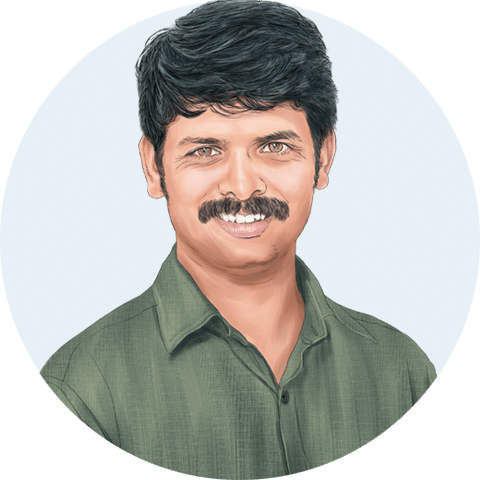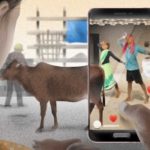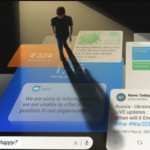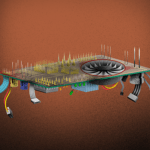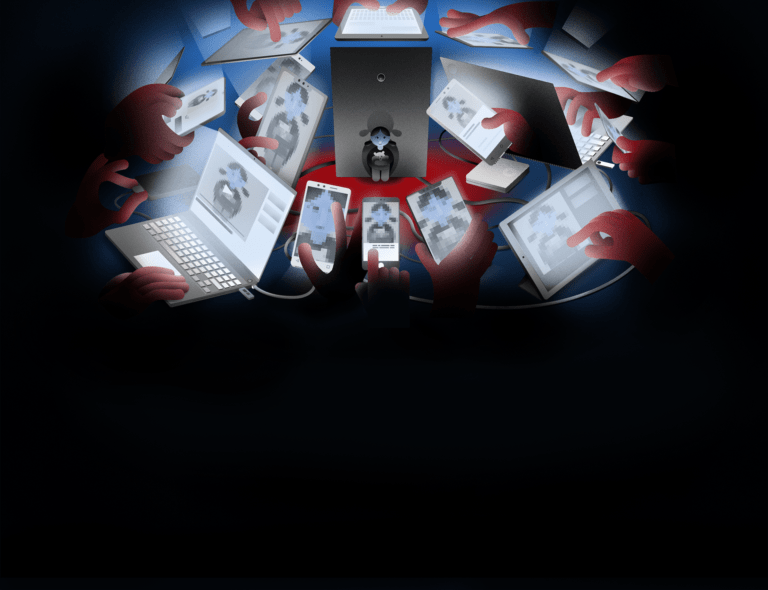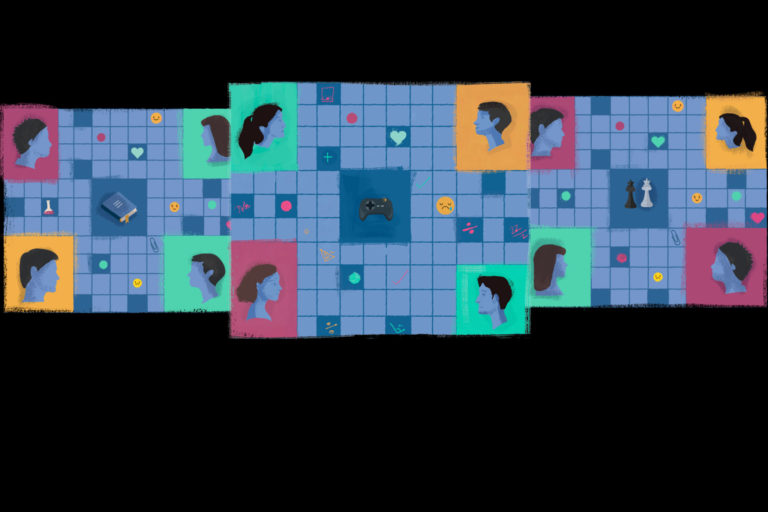11th January 2021
.
FactorDaily Again
Good to see you here, really.
If you have been following our journey with FactorDaily since we went live on May 13, 2016, we are grateful to have you back.
And if you’re someone discovering us for the first time, we’re thrilled to welcome you.
We’re here to announce the FactorDaily version 2.0 or FD 2.0
Our foundational reason for building FactorDaily has been to make sense of technology’s impact on the society around us. The way technology influences people, organisations, and everything around us —in good ways or bad ways—has been often misunderstood, under-reported and has not been analysed with the depth it deserves.
When we started, we attempted to fill this gap by reporting stories from the tech-society intersections happening in India. We produced a few stories every day at first and then, about a year later, taking direction from our audience analytics, we moved to one deeply reported story a day.
At the core, we believe technology has two sides — the illuminating side, where technology empowers, democratises, and overall transforms lives and shapes our future in fascinating ways. Truly, the wind beneath our wings. The other side is dark — where tech weakens the already weak and nourishes all bad things from biases to snooping, bullying, and so on.
We have always been focused on doing stories that chronicle both these sides of technology since we started. And that mission remains intact.
What’s going to change now is how we do it.
But first, please meet the team in FD 2.0, names that FactorDaily readers will be familiar with:
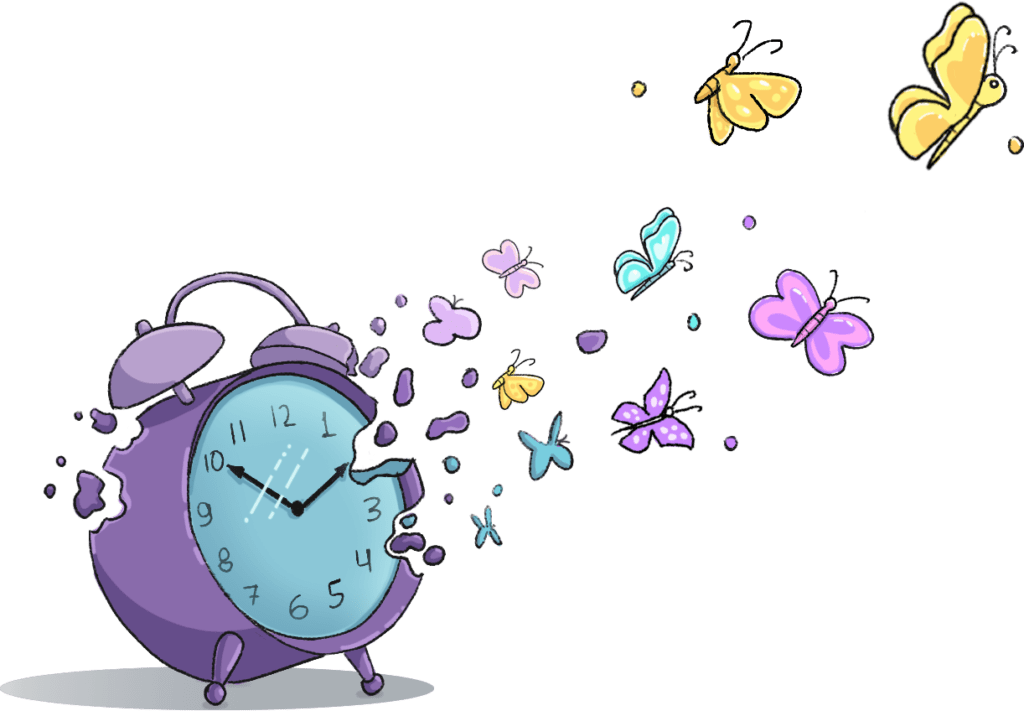
Deadline is dead. Long live the stories.
If there’s one thing that defines almost every newsroom on the planet, it’s the publishing cycles. For writers, it means deadlines to produce their stories. For readers, this sets the expectation about how often they can look forward to fresh stories. Depending on the newsroom you’re looking at, these publishing cycles can mean churning out stories every minute, hour, day, week, month, quarter, and even annually sometimes.
Stories have become slaves of deadlines and the news cycles. And, journalists and writers feel trapped in those cycles, like I have felt many times in my 20-year career as a storyteller.
With FD 2.0, we’re breaking free of this slavery by shunning a fixed publishing cycle.
When we have a story to tell, we will tell it. Period.
We will let stories define their publishing cycles, not us.
We love and admire how newsrooms such as The Pudding and The Marshall Project approach storytelling that matters.
So, how is it going to work?
Story projects
Not just the stories
It’s not just the audiences, even newsrooms suffer from selective amnesia when it comes to topics that matter. All their lives, newsrooms wrestle with stories and topics in a finite period (read: publishing cycles). Moving with the news is in the fibre of newsrooms and moving from story to story is a natural rhythm for them. Audiences or readers wonder what happened later, but accept it.
The long or short of it is defined by the topicality of an event, or a newsroom’s appetite and ability to serve a particular purpose, or a topic.
We are breaking free from this mould, too.
Every year, starting with this launch, we will commit ourselves to at least two topics that we will serve with deep stories, conversations, data insights, and visual storytelling.
We will shine the light on projects continuously until such time we believe that audiences are well informed. Different people have different names for this approach: some call it “solutions journalism”, others “cause journalism”. We don’t want to put a label to FD 2.0’s journalism yet but suffice to say that it will not be advocacy. Our journalism will be of honesty and clarity; and, importantly, will partner carefully-chosen individuals and organisations who bring in expertise, experience, and the imagination to effect change.
With this relaunch of FactorDaily, we are committing ourselves to the following story projects at the start, and an annual list later this year to recognise people and organisations in the country who are using the illuminating power of technology to transform the world around us.
The mission to tell stories from the intersection of technology and society is not new to us. We have been at it since FactorDaily launched in 2016. In fact, the deep story projects we are picking to revive that mission are also inspired by the portfolio of our past stories. A few examples:
Where technology shines light
Who’s going to pay for the coffee?
No Ads. No paywalls. No venture capital funding
.
Now that we have three of the most dominant survival models of media out of the way, let’s talk about FD 2.0’s future.
The battle for us is not about mere survival anymore. It’s about simply keeping the lights on, as The Pudding says, without any “artificial models”.
No ads because we believe they’re bad for the truthful and honest relationship we want to have with our readers. Besides, user experience, of course.
No paywalls because we believe it doesn’t serve public-spirited journalism well; it erects barriers between readers and information to make choices in their lives.
At some level, it’s indeed liberating to be not thinking about rivals, investors and peers chasing numbers. Those, we believe, are not the metrics to be chased when you want to help give direction to a society soaking in new technologies. Laws lag technology. To shape the use and spread of technology in society, we believe conversations around them are important. And, we will measure ourselves by how those conversations are consumed and shape the future of technologies in society.

Our two start-off projects of CSAM and e-waste are examples of that ambition and effort.
We will stay scrappy until we find patient and committed partners who buy into and will back our mission. For now, we are bootstrapping our lean venture by doing some side projects including book writing and non-conflicting work that have zero possibilities of influencing our journalism in any way. We will share more details when we have updates on this.
With this launch, FactorDaily is now a non-profit newsroom, and part of FactorDaily Media Lab Foundation, a Section 8 company incorporated as per the rules prescribed by India’s Ministry of Corporate Affairs (MCA). This is in line with our focus on deeper, public-spirited journalism, which is funded by reader grants and support from organisations that see value in our mission.
Promise of
privacy
We live in a world where every byte of personal, behavioral data is tracked and mined in the name of understanding users better. There are hundreds of cookies that pounce on users the moment they open a website. Email subscribers are tracked on every metric–from exact time of opening emails, to how often they click on website addresses mentioned in the emails, and so on.
While researching for tools promising absolute privacy for our readers, I came across this blog by The Markup editor, Julia Angwin titled “Hello from The Markup.” Since then, my colleagues Anand and Lakshmi, and I have been evaluating different newsletter tools. We are moving away from Mailchimp and embracing Revue to fulfil our privacy commitment. You can subscribe to our newsletter here.
We hate being snooped upon. So we are making this promise of privacy:
- We have no plans to monetize your data. Therefore, we will capture as little information about you as possible. Whatever you do share will never be shared with any other brands, or even for our own outreach, unless of course you want to subscribe to our newsletters.
- Our website will do everything possible to ensure that our readers aren’t exposed to any trackers or cookies.
Not only will we have no dashboards feeding live data on growth and how to hack it deeper, we won’t even have any trackers in our newsletters that share data on “open rates” and other user details.
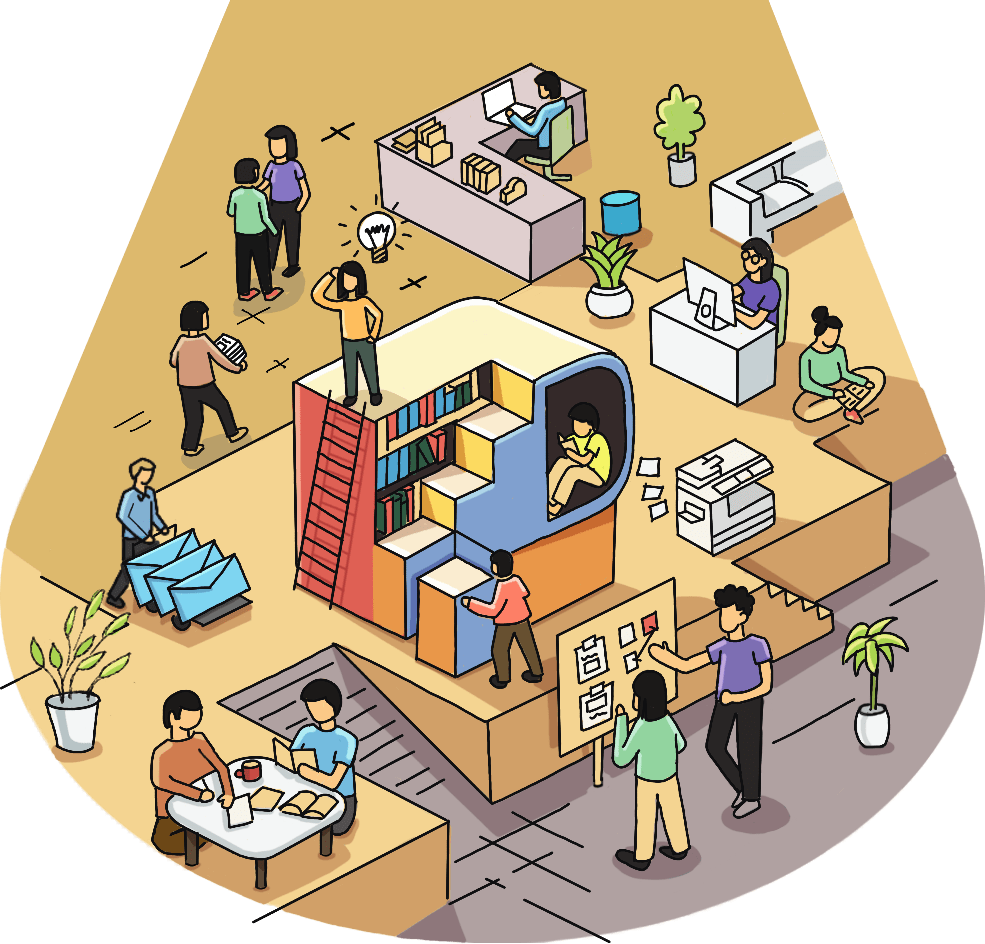
Collaborative
Journalism
Another outcome of FactorDaily’s new approach is that every newsroom, big or small, is a potential partner for us. They are not competition for eyeballs. From sharing the building blocks for each of our published stories, and the tools used to all the know-how we gather, we will open source all our learnings, for every newsroom and reporter to learn from.
Secondly, we are thrilled to join hands with Malayala Manorama and Times Internet as “publishing partners” for our journalism. The Times of India and Malayala Manorama will help take our tech+society stories to millions of their readers, in both English and Malayalam languages. Partnerships that deepen the addressable market of our stories are in the works.
Going forward, we will not stop at just sharing our stories with these newsrooms for the reach they bring, but collaborate deeper with the newsrooms for special series of stories, newsroom tools, and the like. (If you see potential in partnering with us or have a tech problem to be solved in your newsroom, please write to me at pankaj@factordaily.com.)
Finally, we are also partnering with organisations that bring domain expertise and deep on-the-ground connections for helping us understand the topics we track, better. We believe that until we gain sufficient understanding of the issues ourselves, we cannot translate what it means for the society meaningfully.
For instance, we are thrilled to partner with Toxics Links, a respected New Delhi-based electronic waste NGO, for our e-waste story project. For our CSAM story project, we are collaborating with Aarambh India, a joint initiative that brings together over 30 years of on-ground child protection experiences of the Mumbai-based NGO Prerana and the international ‘Break the Silence’ campaign of the Hong Kong-based ADM Capital Foundation. Toxic Links and Aarambh are credible voices in their respective communities and we consider ourselves lucky in having them help us navigate the journalism projects we have started on
SourceCodeMedia Lab
I remember telling Jayadevan P K, my co-founder and longtime colleague, let’s try SourceCode as the name for the company when we were starting up late in 2015.
We loved “SourceCode” because the name underscored the place where it all starts, the first few lines of software code that shapes so many things around us. Kind of geek-ish, but we loved it.
From the start, we believed using the power of technology in telling great stories, engaging with our communities deeper.
Cut to the present. SourceCode Media Labs is where we will share the building blocks for each of our published stories, from the tools used to all the know-how we gather. We intend to open source all the learnings, so everyone can learn from our successes and, of course, failures.
Our editorial mentor, Josey Puliyenthuruthel, will lead this initiative — distilling from our stories and experiments, imagining new storytelling techniques, and helping create tools and processes in the future of journalism.
We also plan to start “SourceCode Media Labs Fellowships” for students, professionals and anyone else interested in using the power of technology to tell great stories. Please email josey@factordaily.com for more information on SourceCode Media Labs.
You can also read all that back stories about how we produce stories, the tools we use and everything shaping our work, on the SourceCode blo, which will be launched next year.
Ok. So why are we doing this
As storytellers, we want our journalism to be needle-moving. And we want to make that happen by not becoming activists; that line is tempting and perhaps too easy to leap over.
We want to move the needle in society around us by using the power of storytelling in a much more relentless way. We want our stories to touch the deep conscience of policymakers, think tanks, entrepreneurs, law enforcement and most importantly, the next generation of youth who can use our stories to become more aware. Raising public consciousness about issues in our story projects is an outcome we would love to achieve. And we want to do all this by combining the power of technology, new formats and design with journalism.
Finally, we’re born (or reborn) in the middle of the pandemic, and have come together as a team when both mainstream and new age digital media are scrambling to survive, staying true to the purpose. Sure, it’s been in the making for a few years now, but Covid-19 is leaving a void – definite and large – behind in journalism that the human race will be the poorer for. FD 2.0 aims to fill that void bit by bit, thought by thought, project by project.
Coming together in the middle of the pandemic has helped create a really special bonding among us in the FD 2.0 team over the past few weeks and months. We treasure that, and we are taking a leap of faith with this special bond we share among us and with many of you.
Finally, we’re truly committed to learning and listening. Please send me an email at pankaj@factordaily.com for anything you have to share.
Pankaj Mishra is the co-founder & writer of FactorDaily.
Creative Direction and Design
Vasu Agarwal
Illustrations
Manish Minz and Prashant Chaurasiya
Digital Publishing Partners
Pre-order FactorDaily Book
Best of FactorDaily
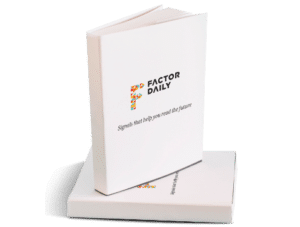

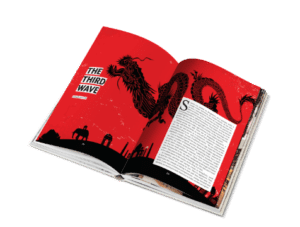
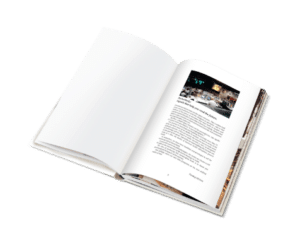
As storytellers, we have been humbled and privileged to tell the stories we told at FactorDaily.
The idea of producing this handcrafted book is to thank you personally for being part of the journey. And perhaps leave our own little footprints on the ever-shifting sands of time.





Pre-order FactorDaily Book
As storytellers, we have been humbled and privileged to tell the stories we told at FactorDaily.
The idea of producing this handcrafted book is to thank you personally for being part of the journey. And perhaps leave our own little footprints on the ever-shifting sands of time.
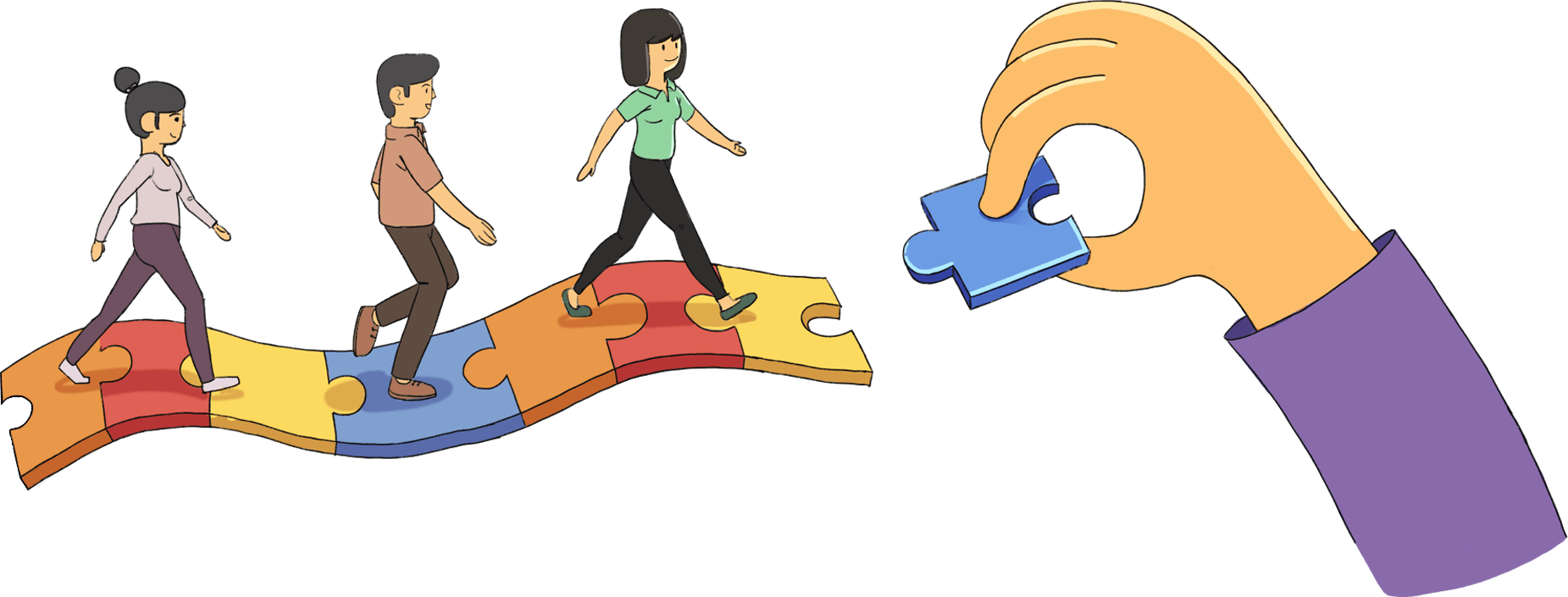
© FactorDaily Media Lab Foundation. All Rights Reserved






